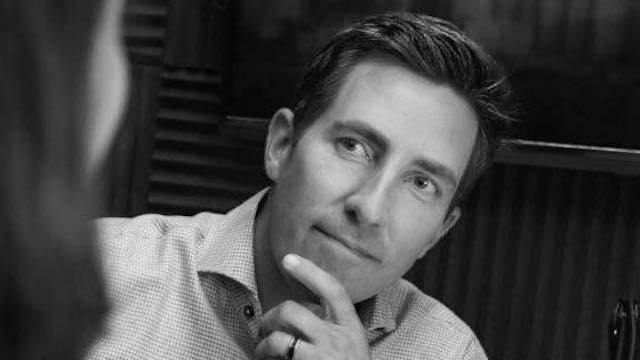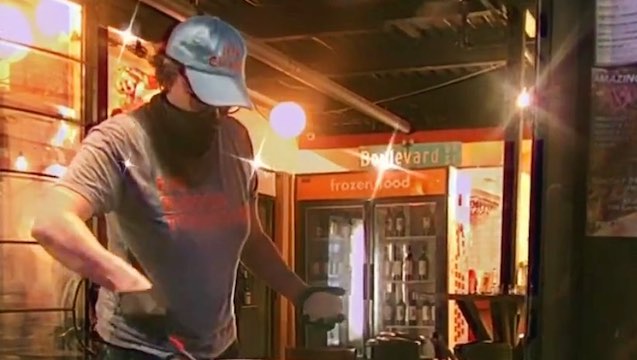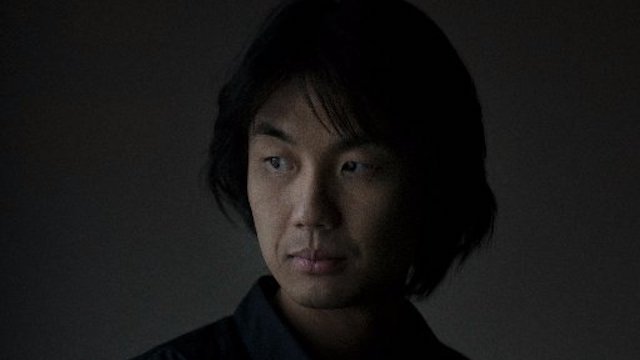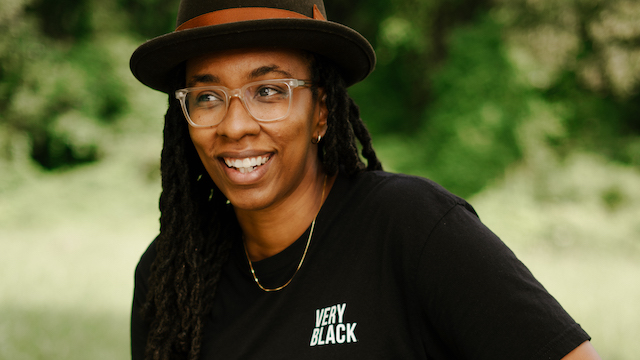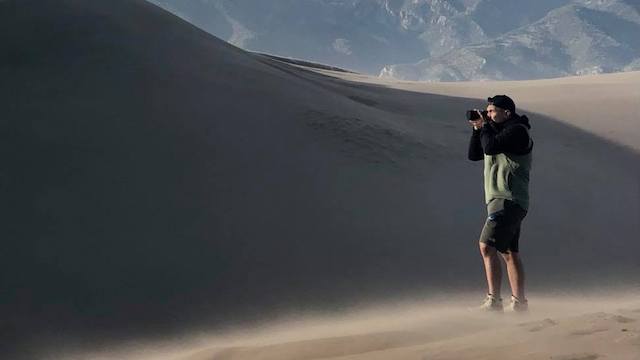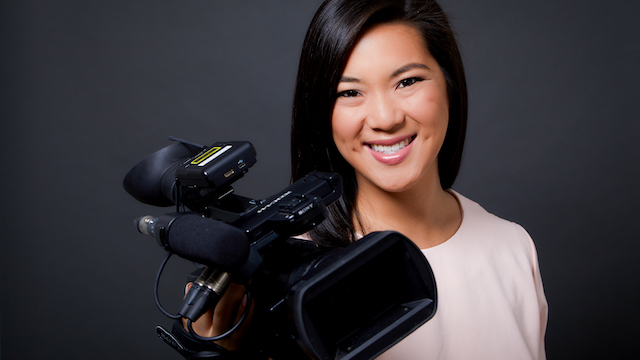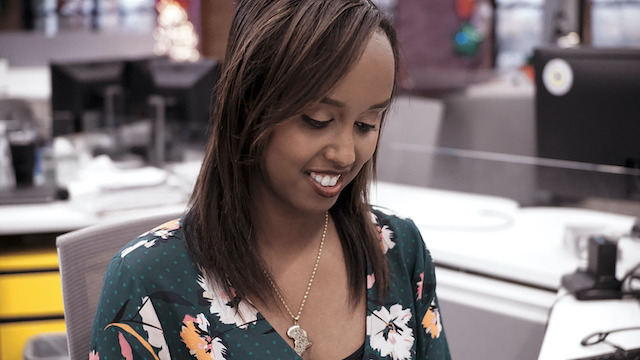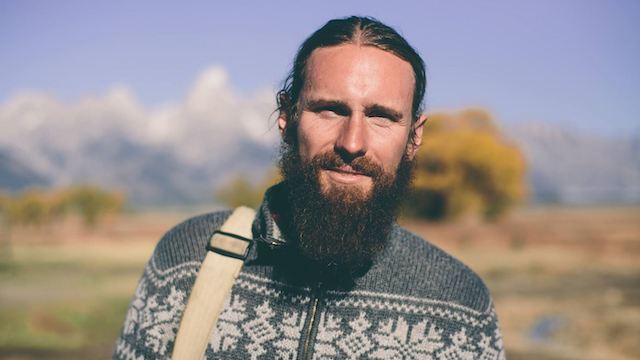Podcast: Play in new window | Download
Subscribe: RSS
When I started this podcast nine years ago, I assumed at some point I would interview Greg Bledsoe.
At the time he was the reigning two-time NPPA national Solo Video Journalist of the Year. He was one of the most talented photojournalists in the country AND one of the most talented writers in the country. His work gleamed with empathy.
I eventually reached out to Bledsoe for an interview for my book, The Solo Video Journalist. I met him in his home city of San Diego and asked him all about his gear: what he used, how he stored it, and how he found time to manage and maintain it amidst his many responsibilities. Bledsoe was generous with both his time and his tremendous knowledge.
The book’s second edition came out in the fall of 2020, shortly before he took the biggest leap of his career.
Bledsoe had worked at KNSD in San Diego for roughly two decades. He had risen up the ranks to morning show anchor and enterprise reporter. But last year he decided to embark on a long-held dream: to travel the country for a full year and visit all 50 states with his wife and two children.
He’s ten months into the journey now. It’s called the Family Geography Project, and it includes dozens of stories Bledsoe has produced through the trip.
Bledsoe is my guest on Episode 86 of the Telling the Story podcast.
The Family Geography Project – and the sharp career break it has required – is fascinating. But just as compelling is Bledsoe’s advice on storytelling, managing gear, and simply taking chances. As always, it’s a worthy listen.
